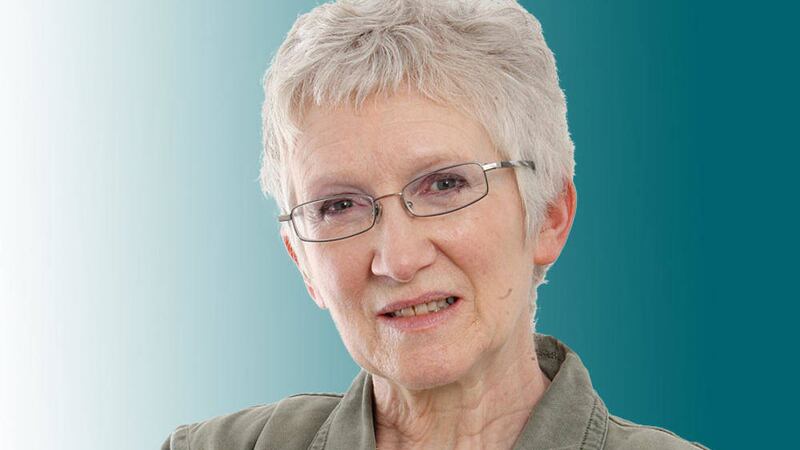TO say that Barack Obama conjured good from evil in Charleston, South Carolina last Friday might be wilfully star-struck, given Obama’s star quality has been a flickering exasperation even for admirers.
But inside the same 24 hours, horror trod on the heels of horror elsewhere - Lyon, Tunisia, Kuwait.
If the Obama record was more straightforward the presidential eulogy for a black preacher, conducted with a magisterial preacher’s control and verve, could fairly be called a leadership master-class.
In the circumstances it might be more accurate to call it welcome uplift with the timing of a fine performer, against the press of other news.
Here, two young men long dead were found in the same makeshift grave, where faithful relatives and the dedicated searchers for the Disappeared had thought they would find a different person.
Small, sad ceremony for those whose families have waited so long to bury them, none at all for those still unfound.
And there was little obvious cause to celebrate in Charleston, burying the nine killed by a young white racist sitting in their bible study group.
But Obama arrived set on one of his rare speeches on race, no doubt borne up with some brand-new positives for his presidential legacy: the Supreme Court finding for gay marriage, and enablement of affordable medical treatment for five million people.
For a lame duck president, as some judge him, the week ended well. Though it might be a stretch to detect the ‘renaissance’ of a Financial Times headline.
He had disguised his personal support for gay marriage until recently.
Affordable Health has had a tough journey. Critics blame the president’s unwillingness to get in close and woo legislators, the product of aloofness, perhaps a sense of superiority, even laziness.
His foreign policy brings sharper attacks, the failure to close Guantanamo, the drone killings of so many on the other side of the world.
But commenters on an article by one of his sharpest admirers-turned-critics, the New York Times’ Maureen Dowd, made sharp observations some time back.
One had an effective response to the indictment that under Obama Afro-Americans and others shut out of opportunity have lost, not gained: ‘Until the American people demand fair elections with un-gerrymandered congressional districts; full representation by people of color; and of people of low incomes; and then we all turn out to elect the Congress, the President is working with one arm, one leg and no place to stand.’
For another there is one outstanding credit: ‘An elected black president who passed the Health Care Bill is enough on its own to earn this president a spot on Rushmore’. As for foreign policy, another wrote that Obama had shown ‘he doesn’t need to prove his manliness by invading foreign countries’.
Obama was always going to disappoint: hopes of him were too high, unrealistic.
Apart from the constraints on presidential power he never was the radical some imagined.
But he has gifts, for holding a crowd, for drawing on the language and material that makes black revivalist preaching a treat for the ear and at least temporary solace for the soul.
He used the worn-out Amazing Grace, complete with his own shaky singing, to urge the overdue removal of a racist flag.
He spoke in South Carolina, of South Carolina. The Reverend and also State Senator Pinckney represented ‘a sprawling swath of the Low country, a place that has long been one of the most neglected in America.
A place still racked by poverty and inadequate schools; a place where children can still go hungry and the sick can go without treatment.’ In the richest country in the world?
But how to tackle racism across so many states, routinely, regularly gerrymandered.
The subject of Obama’s eulogy had tried and failed, according to one of his friends.
State Senator Gerald Malloy spoke at the funeral about Pinckney’s support for unsuccessful legislative efforts to expand Medicaid, regulate discriminatory lending practices, block voter identification requirements.
Obama perhaps voiced his own struggle against despair about gun control, but to encourage empathy.
He hoped those bereaved in the church would ‘also see the 30 precious lives cut short by gun violence in this country every single day.’
Though American presidents are hobbled in ways this side of the world sometimes fails to recognise, they have a singular ‘bully pulpit’.
Whether or not Charleston and his earlier welcome for the gay marriage judgment mark a settled determination to speak more freely now, timing and uplift are leadership qualities.



